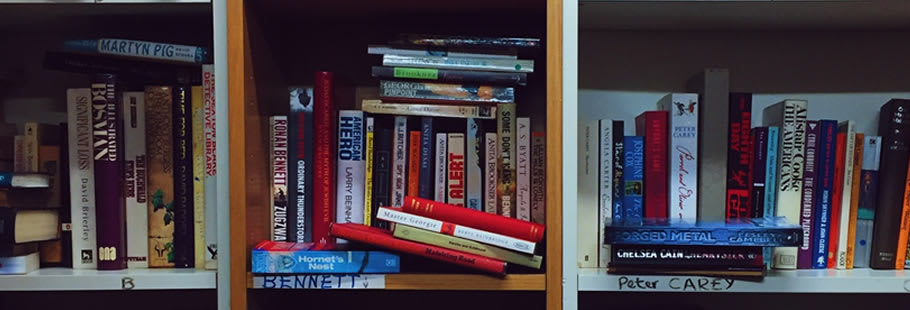Learning a New Language While Studying Abroad – What's it Actually Like?
If you choose to study abroad in a nation where English is widely spoken as a second language – think the Netherlands and the Nordic countries – it can be tempting to go through your course without learning much of the local tongue. If pretty much everyone speaks flawless English, where’s your motivation to learn a new language?
This was the dilemma I faced when I moved to Amsterdam last year to begin a Masters in English Literature. Back in 2012, I spent five months studying in Helsinki through the Erasmus programme and came away with precious little Finnish to my name. I was determined not to be as lazy this time around.
The Dutch are famously good at English, with the Netherlands frequently topping the tables when it comes to proficiency at English as a second language. Exposed to subtitled English-language television from an early age, they’re never shy of showing off their skills (in my experience, anyway!).
Coupled with Amsterdam’s international, tourist-centric vibe, this can make it tricky to actually speak Dutch if you’re a foreigner. On more than a few occasions, I’d make what I thought was an adequate fist of ordering something in Dutch, only for the waiter to reply in English.
Nevertheless, I came away from Amsterdam with a decent enough level of Dutch, able to hold my own in cafes and shops, and to make excruciating small talk if necessary. Most people in the Netherlands are more than happy to help you muddle through a conversation – they’re aware of how difficult their language can be for foreigners, especially its tongue-twisting pronunciation, and will appreciate any effort you make!
Settling into a new country
Even though Dutch might not be the most transferrable language out there – the number of speakers worldwide is only a tiny fraction of the likes of French, Spanish and Mandarin, for example – learning the ropes was only beneficial for my experience as a postgraduate.
And I imagine that the same would be true for people studying Masters and PhDs in places like Denmark, Norway, Sweden and Finland. These places offer a pressure-free environment in which to learn a language, with none of the stress involved in communicating in a country where English isn’t widely spoken.
You can focus on the joy of getting to grips with a new language, without having to worry whether you’ll be able to register with the local doctor or open a bank account.
Want More Updates & Advice?
Before starting my Masters, I began my Dutch journey with the Duolingo language app. This nifty little tool is surprisingly addictive, ‘gamifying’ the language learning process. It’s also got an impressive range of language courses, from Swedish and Swahili to Portuguese and Polish. Using Duolingo meant that when I arrived in the Netherlands, I was already familiar with the basic vocabulary and grammar of Dutch, giving me a head start on some of my fellow students.
A similarly fun way of acquainting yourself with the local language could be as simple as a trip to the cinema. If you’re living in a country that subtitles English language films, you’d be surprised by some of the words you pick up when watching the latest blockbuster. For example, after seeing Fantastic Beasts and Where to Find Them in Amsterdam, I found out that the Dutch for Hogwarts is ‘Zweinstein’.
Enrolling on a language course
Once I’d settled down in Amsterdam, I signed up for a basic Dutch course through the international student association. My course was given by an external organisation, but many universities offer language programmes at reduced rates – or even for free – to international students.
These courses are a great way of meeting people, providing a relaxed atmosphere to learn the language in. You can choose a programme based on how intensive or how casual it is, tailoring the experience to fit around your Masters or PhD. If you’re feeling particularly ambitious, you can opt for a course that will help you pass an exam certifying your proficiency in the language.
Whichever kind of class you go for, having a decent grasp of the language will open up new opportunities, giving you greater scope to network within your university department and the wider world.
Make the most of your experience
If you plan on staying on in the country of your studies – whether for further academic work or to start a new career – any language skills you’ve picked up will give you a valuable edge in what could be a crowded expat market. The European Commission recognises the importance of languages for those entering the job market, pointing out that such skills make “both individuals and the economy more competitive”.
I may have returned to the UK after finishing my Masters, but I like to think that a portion of Dutch has remained with me. I still have to resist the urge to say “alsjeblieft” (“you’re welcome”) when someone thanks me, although I certainly won’t miss the guttural Gs that pepper the Dutch language.
Want More Updates & Advice?

 Continue with Facebook
Continue with Facebook







